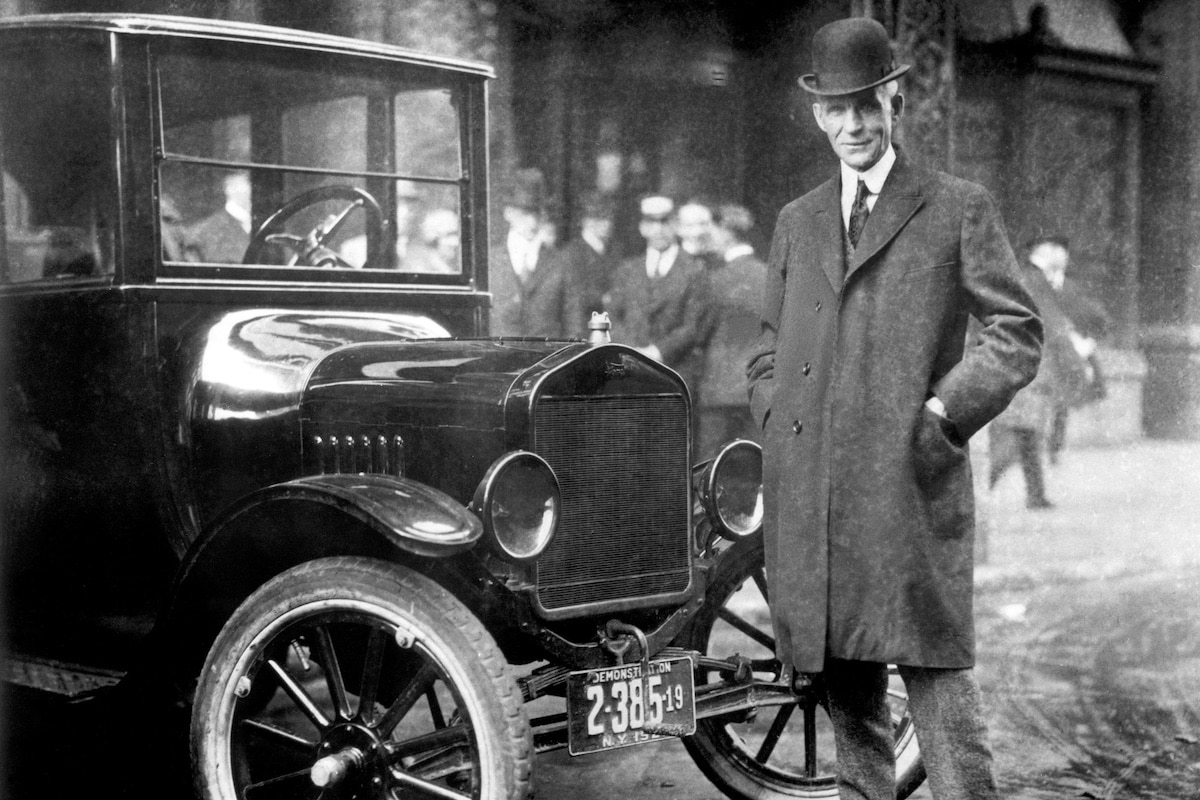99 Years Ago, Ford Invented the Five-Day Workweek

On September 25, 1926, Henry Ford made a decision that would leave a lasting mark on the history of industry.
Ford’s idea was to reward his employees by establishing a five-day workweek in his automobile factories, with eight-hour workdays. 40 hours of work per week, enough to make many unions today revolt… but a revolutionary decision at a time when six-day, nine-hour weeks were the norm! Even better, the industrialist decided to increase his employees’ wages! Ford thus transformed not only working conditions but also American society as a whole.
Since the beginning of the 20th century, industrial growth had imposed an intense pace on workers. By reducing the weekly working hours, Ford sought to improve productivity while fostering loyalty among his labor force. Contrary to the fears expressed by some contemporaries, this measure did not weaken the company’s competitiveness. On the contrary, it enhanced its attractiveness and helped stabilize teams in an industry marked by high turnover.
An economic rationale behind this social advance
Ford was not just positioning himself as an industrialist concerned about the well-being of his workers. Behind this decision was also an economic logic. By offering his employees more leisure time, he was also enabling them to become more active consumers. More leisure meant increased demand for transportation, entertainment, and consumer goods, which helped stimulate the economy.
This reform had a significant impact beyond the company. It contributed to the evolution of social standards in the United States and then worldwide. Gradually, the five-day workweek became the norm in many industrialized countries, incorporated into labor legislation throughout the 20th century.
You might be interestedin this article:
Nearly a century later, this decision still illustrates how a company can influence society beyond its sector. The debate on reducing working hours continues today, with experiments around a four-day workweek. Ford’s legacy reminds us that employer choices, often driven by productivity considerations, can pave the way for lasting social progress.
READ ALSO: Forced unemployment for 2,000 Stellantis employees in Poissy!
This page is translated from the original post "Il y a 99 ans, Ford inventait la semaine de travail de cinq jours" in French.
We also suggestthese articles:
Also read





